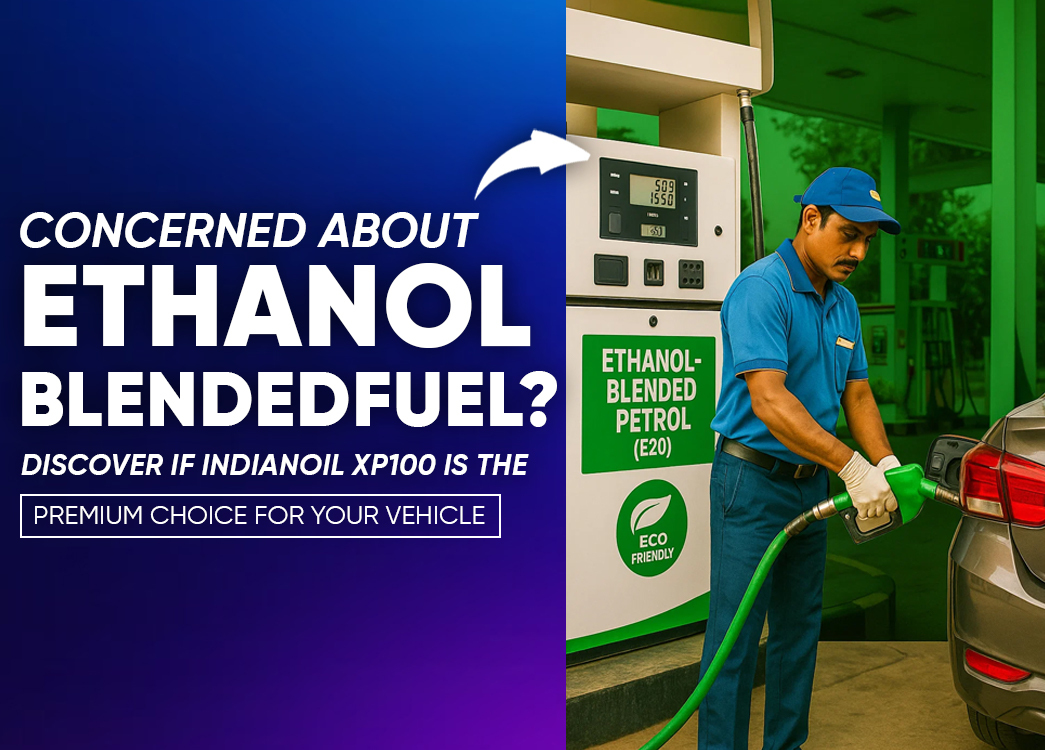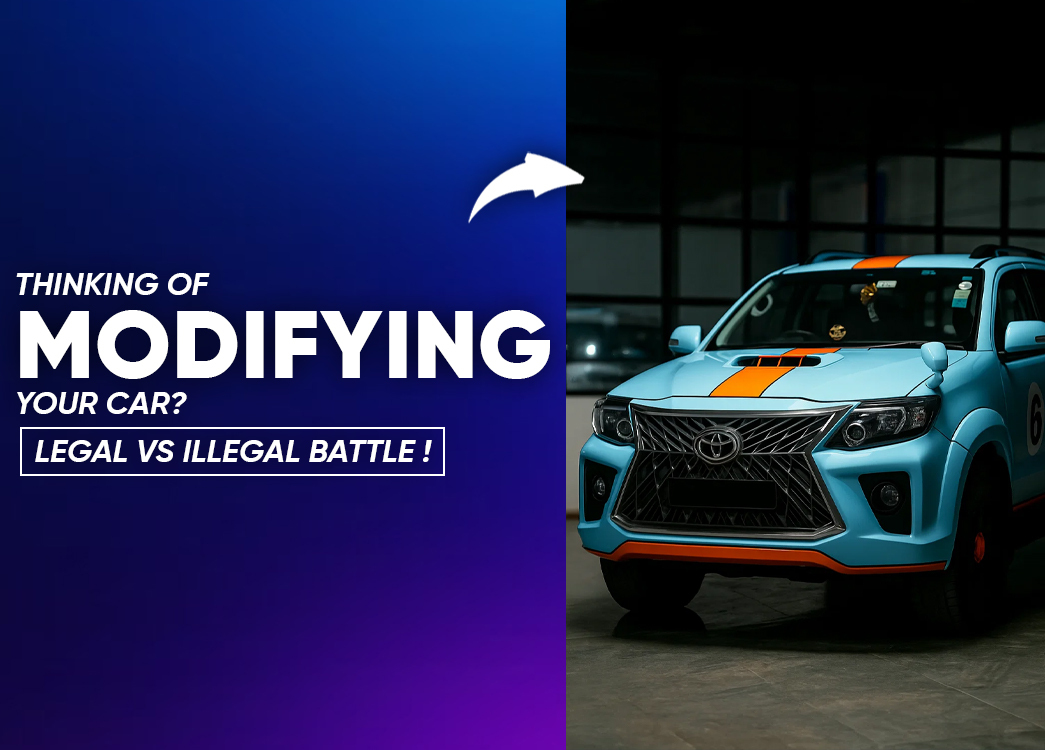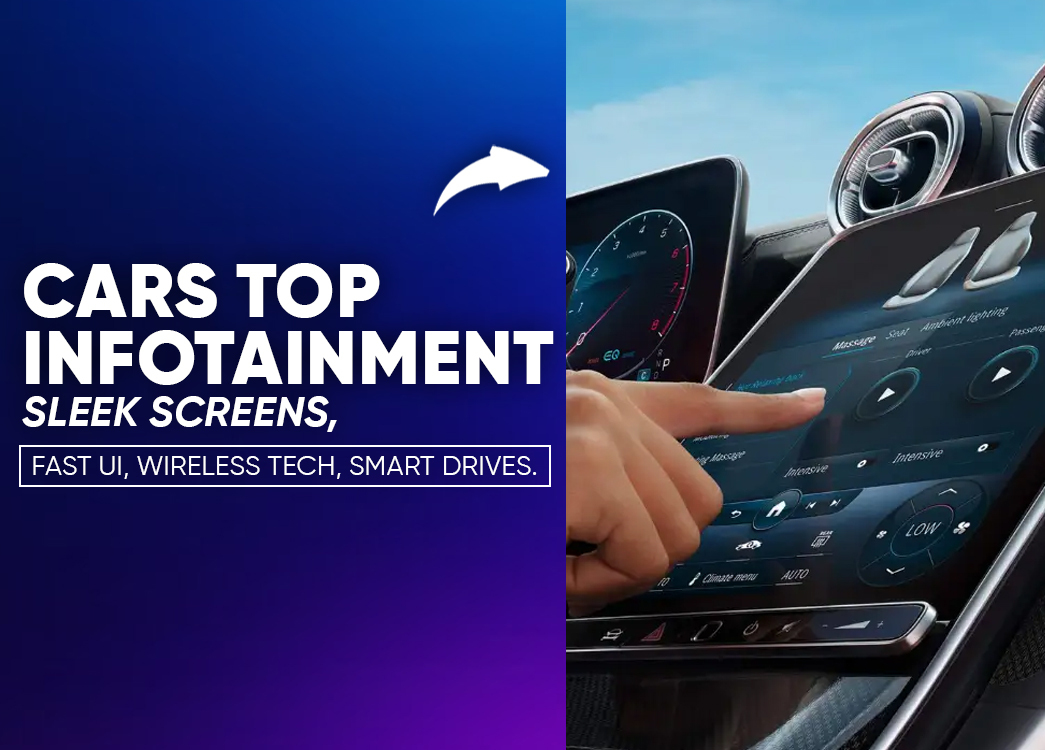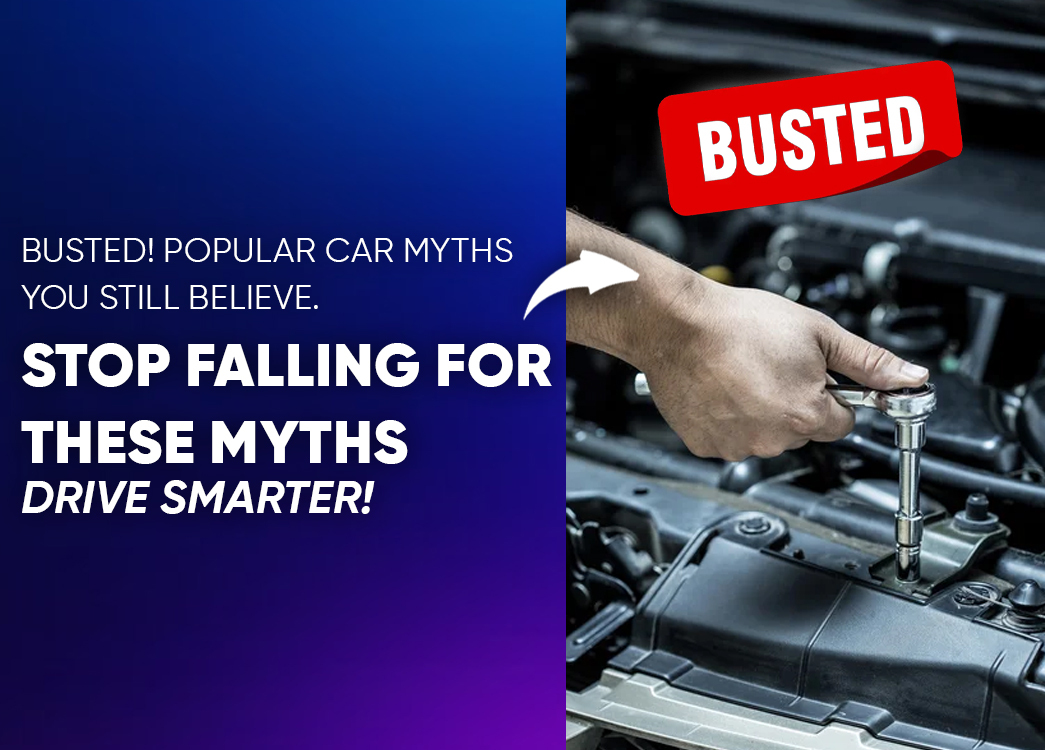
By Chaitali joshi On 10-07-2025 at 1:09 pm
Here Are The Worst Car Myths
Some car myths are relatively harmless, while others can cost you money or put your safety at risk. Regardless, they have a surprising ability to hang around, getting passed down over generations before finally arriving here on this list.
We asked readers what they thought were the worst car myths. These were their answers.
Cross Drilled Brakes Are Better
Cross drilled brake rotors stop faster or are better. This hasn't been true since the 50s. Now it's just removing metal from a perfectly good heatsink. Sure, some argue about unsprung weight or "but Porsche does it." Porsche casts the holes and cryogenically treats them. Drilled rotors are prone to failure. Don't believe it? Ask Stoptech.
Cars With Electronic Fuel Injections Need To Be Warmed Up
That you need to warm up your modern EFI car for 10 minutes before driving is a myth. Just start it, wait for the idle to stabilize, then keep it below 2500 rpm until it reaches operating temperature. Your transmission remains cold no matter how long you idle.
Ralph Nader's Book Killed The Corvair
No. Unsafe at Any Speed came out in 1965 and didn't focus solely on the Corvair. Many points were correct, but in 1964 a transverse leaf spring was added to fix the turn-in issue, and in 1965 the car got a full suspension redesign. Corvairs stayed in production until 1969. The real killer was cheap gas and more attractive alternatives like the Camaro.
Lifetime Fluids
“Lifetime" fluids are misleading. After two attempts at changing my AWD Ford's PTU fluid in the last 10,000 kms, there was still black sludge from the previous owner's 130,000 kms on factory fluid. It’s in the manual, but that doesn’t make it ideal.
Toyota's Unintended Acceleration
Many people still think unintended acceleration was due to driver error or floor mats instead of a software defect. Toyota lied, got caught, but by then the myth was widespread and accepted as truth.
Never Inflate Tires To Maximum PSI
Manufacturers recommend a PSI lower than the maximum for better traction and comfort. Slightly exceeding max PSI likely won’t cause a blowout, though it may worsen rain handling and slightly increase blowout risk on curbs or potholes. Higher PSI may improve gas mileage and lane-changing ease.
Turn Your Car Upgrade Into a Thailand Dream Trip!
Transform your ride and let Creckk take you beyond the roads! Explore our exclusive car accessories and enter for a chance to win an exciting escape to Thailand. Your journey to paradise starts here.
Low Mileage Used Cars Are Good
The lowest mileage used car isn't always the best. Many low-mileage cars come from cities where they sat unused, were street parked, and treated poorly. In contrast, a well-maintained car with slightly higher miles from the suburbs might be a much better buy. For collector cars, super low mileage often means dried seals, old fluids, and expensive repairs.
There's A Rationale For Not Wearing A Seatbelt
Some still believe it's safer to be thrown clear in an accident. This myth has persisted despite overwhelming evidence that seatbelts save lives.
Cars Are The Best Way To Get Around
The belief that cars are always the best mode of transportation has harmed city design. Walkable neighborhoods, bike-friendly streets, and alternative transport are essential for livable cities. Auto-focused planning has led to predictable problems.
FAQs:
1. Is it true that you should warm up your car for several minutes before driving?
Myth! Modern fuel-injected cars don’t need long warm-ups. Driving gently after starting is enough; long idling wastes fuel.
2. Does premium fuel improve performance in all cars?
Myth! Premium fuel only helps cars designed for it. Using it in regular engines adds no benefit and wastes money.
3. Should oil always be changed every 3,000 miles?
Myth! Many modern cars and oils allow 5,000 to 10,000 miles between oil changes. Check your owner's manual.
4. Do red cars really cost more to insure?
Myth! Insurance costs are based on model, age, engine size, and driving record, not color.
5. Is it dangerous to use your phone’s Bluetooth or hands-free system?
Partially True. While safer than holding a phone, hands-free systems can still distract drivers. Full attention is always best.
6. Will running the air conditioner waste a lot of fuel?
Partly True. AC uses some fuel, but the impact on highways is minimal. At low speeds, open windows may be more efficient, but on highways, they can reduce aerodynamics.
7. Is driving with the tailgate down more fuel-efficient on trucks?
Myth! Studies show that driving with the tailgate up improves aerodynamics and fuel efficiency more than having it down.
Author
Chaitali joshi
Related posts
